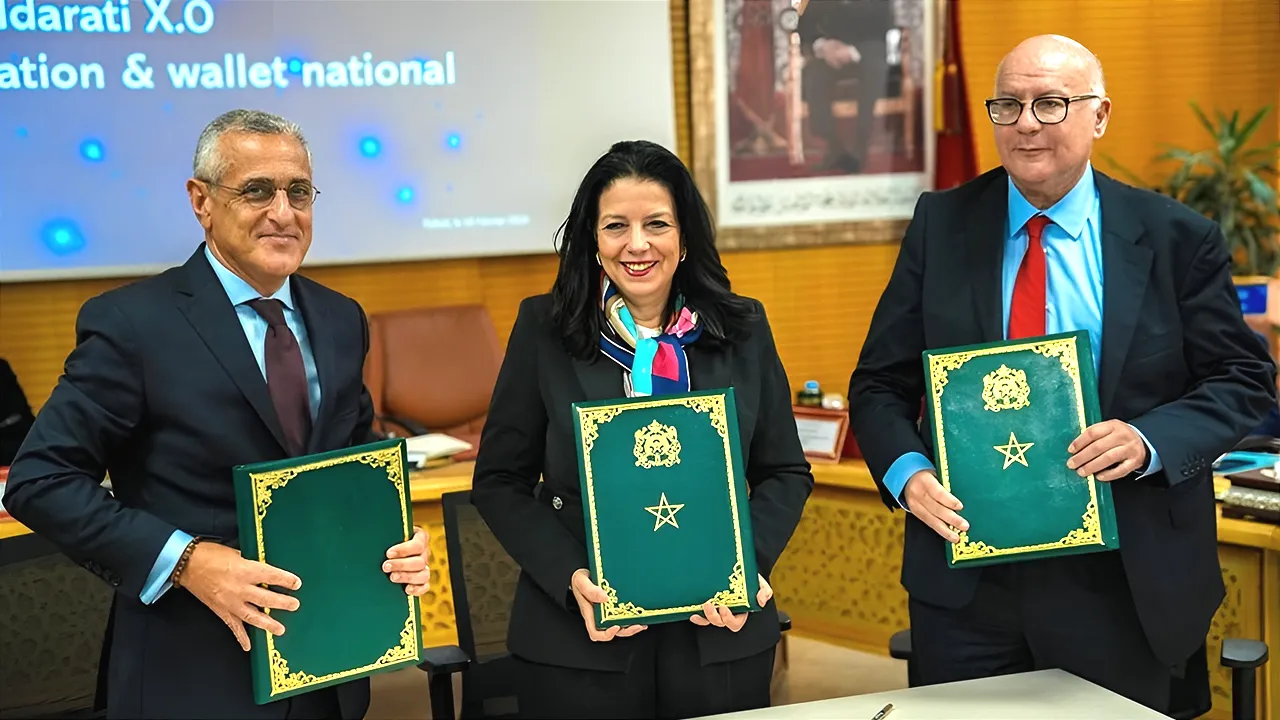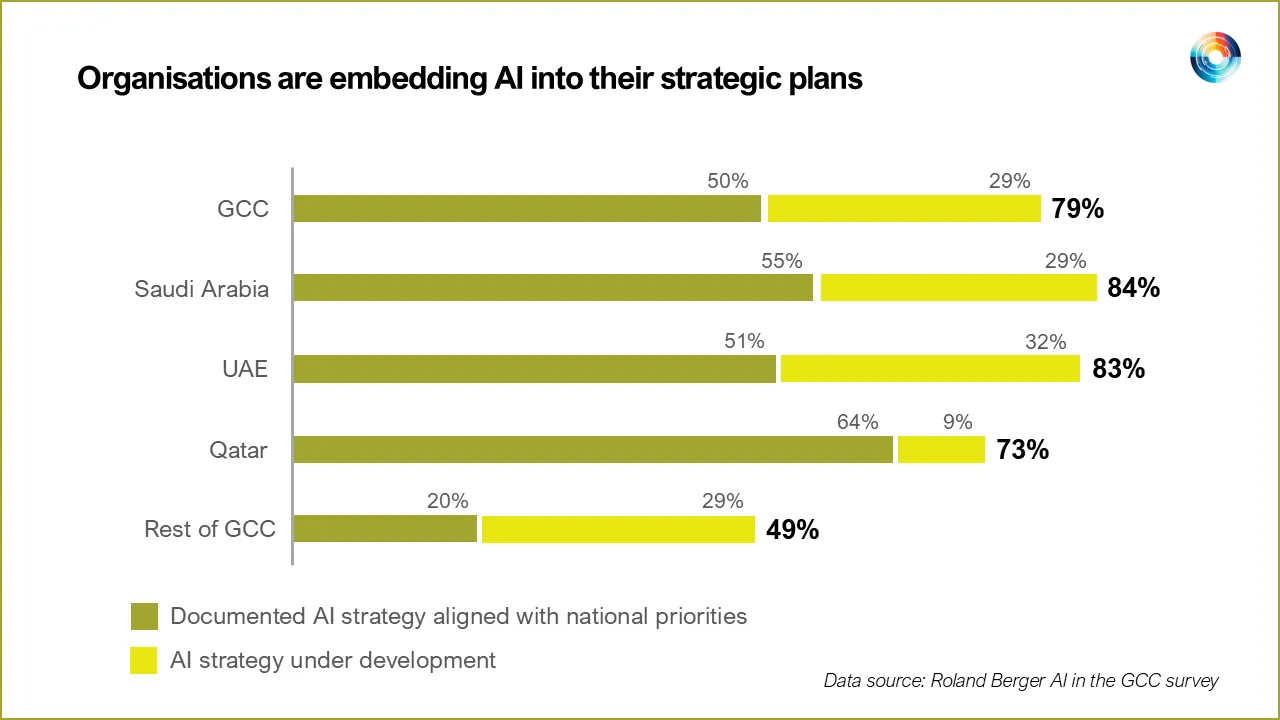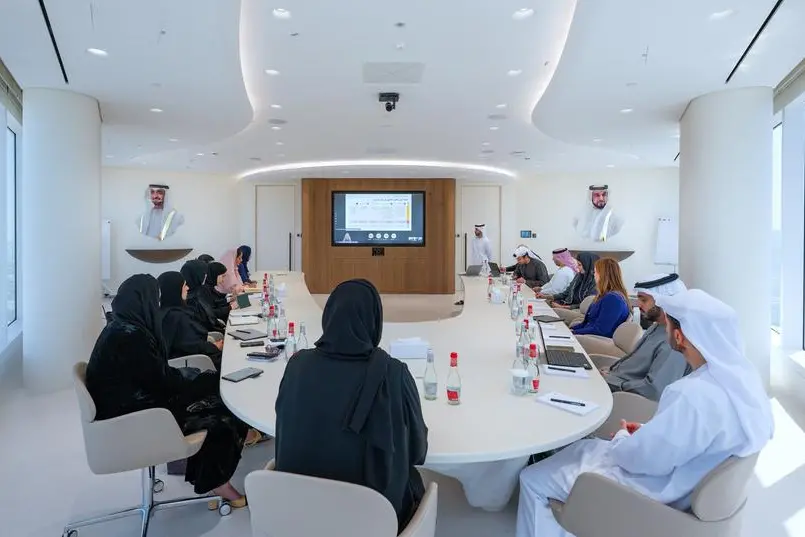OpenAI has released the largest study to date on consumer usage of ChatGPT, providing deep insights into how the technology is creating economic value in both professional and personal settings. The study, conducted by OpenAI’s Economic Research team and Harvard economist David Deming as a National Bureau of Economic Research (NBER) working paper, analyzed 1.5 million conversations to track the evolution of user behavior since the tool’s launch.
Shifting Demographics And Global Adoption
The research shows that initial demographic gaps in ChatGPT usage are closing as the technology becomes more democratized. The gender gap, in particular, has narrowed significantly. In January 2024, users with typically feminine names accounted for 37% of the user base, a figure that rose to over half (52%) by July 2025.
The tool has also seen rapid global adoption, especially in low- and middle-income countries. By May 2025, the growth rate of ChatGPT adoption in the lowest income countries was more than four times higher than in the highest income countries.
Practical Tasks Dominate Usage Patterns
The study found that consumer usage is largely focused on accomplishing everyday tasks. Three-quarters of all conversations are centered on practical guidance, seeking information, and writing. While writing is the most common work-related task, activities like coding and personal expression remain niche.
Usage patterns were categorized into three main types:
- Asking (49%): This is a growing and highly-rated category where users seek advice and information, valuing ChatGPT as an advisor.
- Doing (40%): This includes task-oriented interactions like drafting text, planning, or programming.
- Expressing (11%): This covers more personal uses such as reflection, exploration, and play.
The MENA Perspective
The findings from OpenAI’s study hold significant implications for the MENA tech ecosystem. The documented rapid adoption in low- and middle-income countries strongly suggests a massive and fast-growing user base for AI tools across the Middle East and North Africa. This presents a clear opportunity for regional startups to build products that integrate with or are built upon large language models, catering to a localized and engaged audience.
Furthermore, the insight that nearly half of all usage falls under “Asking” for advice and information, rather than just task completion, offers a strategic roadmap for product development. MENA founders can focus on creating AI-powered solutions that serve as expert advisors and decision-support tools tailored to regional industries like finance, logistics, and e-commerce. The data also highlights that with approximately 30% of use being work-related, regional businesses should consider AI’s role in boosting productivity and the importance of AI literacy in their workforce.
About OpenAI
OpenAI is an AI research and deployment company with a mission to ensure that artificial general intelligence benefits all of humanity. It is the organization behind well-known models such as ChatGPT and DALL-E.
Source: OpenAI














